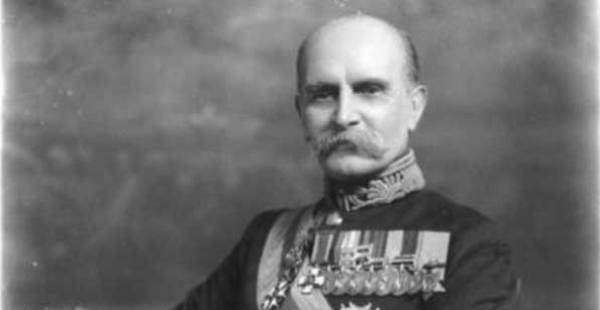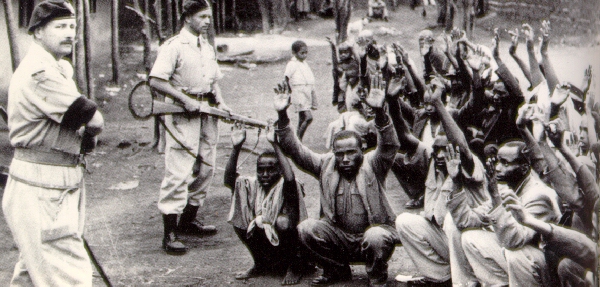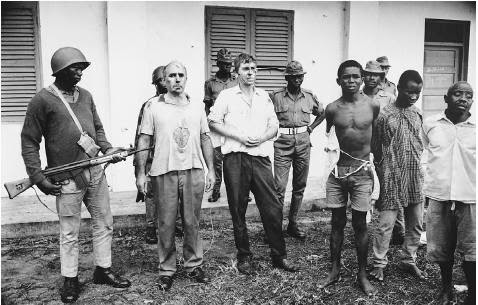
Colonial masters fingered as architects of Nigeria’s political, economy misfortunes
The colonial masters have been fingered as architects of Nigeria’s political and economy misfortune, with the unresolved problems traced to the 1914 amalgamation, described as a road to nowhere
Penpushing reports that, a renowned author, Ikudaisi Isola gave insight to this in his 234 page book, ’A road to no where: The 1914 Amalgamation of Nigeria and the other issues of Nationhood’, noting that Nigeria politics is complex and the factors responsible for its complexity are replicated in most African countries.
‘The complexity stems mostly from the structural violence and makes political, economic and social progress unattainable thus far. The colonial history which arbitrarily created forty-six nations out of many states, without consulting the African boundaries that did not respect ethnic and cultural differences, presented a huge challenge’, the book noted.
Penpushing further reports that, the author in preface of the book pointed out that the interplay between ethnic groups of various sizes and levels of development created a political system with democratic deficits.
The author explained that in preparation for independence; most colonial masters in Africa imposed political structures that made it almost impossible to integrate the various ethnic groups into a united nation

‘They created economic systems that made it easy to exploit their vulnerabilities. All these put the colonial masters in advantageous positions to offer ‘help’ to tackle the imposed cyclical poverty and infrastructural and political debacles and perpetually tie Africans to the apron strings of their colonial masters’
Penpushing also reports that, Isola explained that after independence, African countries were unable to dismantle the acrimonious political structures, adding that the departing colonialists promoted ethnic and religious rivalry as a strategy to maintain unhindered access to Africa’s natural resources
‘They support ‘friendly’ governments, but invested heavily in destabilizing any government that might promote policies that sought to remove the vestiges of dependency or ensure economic independence’, he wrote
‘This ensured that they had free access to the resources of their former colonies. Thus the colonial powers intervened in the local affairs of their former colonies at will .Decolonisation therefore, became an incomplete process as the colonial masters nurtured and imposed a culture of political and economic exploitation of any unfriendly and uncooperating African leader’
‘The complex and overlapping factors of replacing British colonialism with internal colonialism is repulsive to many ethnic groups. Various ethnic groups, feeling unfavoured, became unease about a new form of colonialism being created’
Penpushing reports that, narrowing it down to Nigeria, the author pointed out that the relationship between the ethnic groups was tainted with history of inter-ethnic and religious wars and land acquisition tension.

‘The post-colonial imperialist culture and territorial expansion of some groups created social structure that perpetuated inequity and avoidable suffering and tension. The fears of marginalization, ethnic domination and oftentimes ethnic cleansing, dominated the mind of the strange bedfellows who were grafted together into a single county’
The author said at the departure of the British colonialists they created a disprortionate political system dominated by a region to the displeasure of other ethnic groups, stating that the idea of quasi-local colonialism and deeply unfavourable political structure resulted in mass political distrust and agitations.
‘The favoured group became aggressive, oppressive and violent with the intent of conquering other groups. Their ill-conceived subtle bu not so hidden imperialist agenda, sometimes sponsored or supported by outsiders are now being resisted’

‘Nigeria’s hope for peace and unity continue to shrink in the face of open and untamed tyranny. A dominant region believes it must dictate what happens and who gets what. No other ethnic group can aspire to certain reserved positions at the federal level, no matter how qualified’
‘The concept of peace and co-existence amongst the ethnic groups now is meaningless because freedom, justice and equality are sacrificed on the altar of ethnicity. In Nigeria, an ethnic group perfects its strategy for dominating other ethnic groups’
‘They encamp around their target areas and start hovering about the neighbor-hoods, buy up the land on the fringes of the towns, familarise themselves with the environment and take advantage of any dissent to take over the throne or launch violence to force the original landowners’, the book stated.






